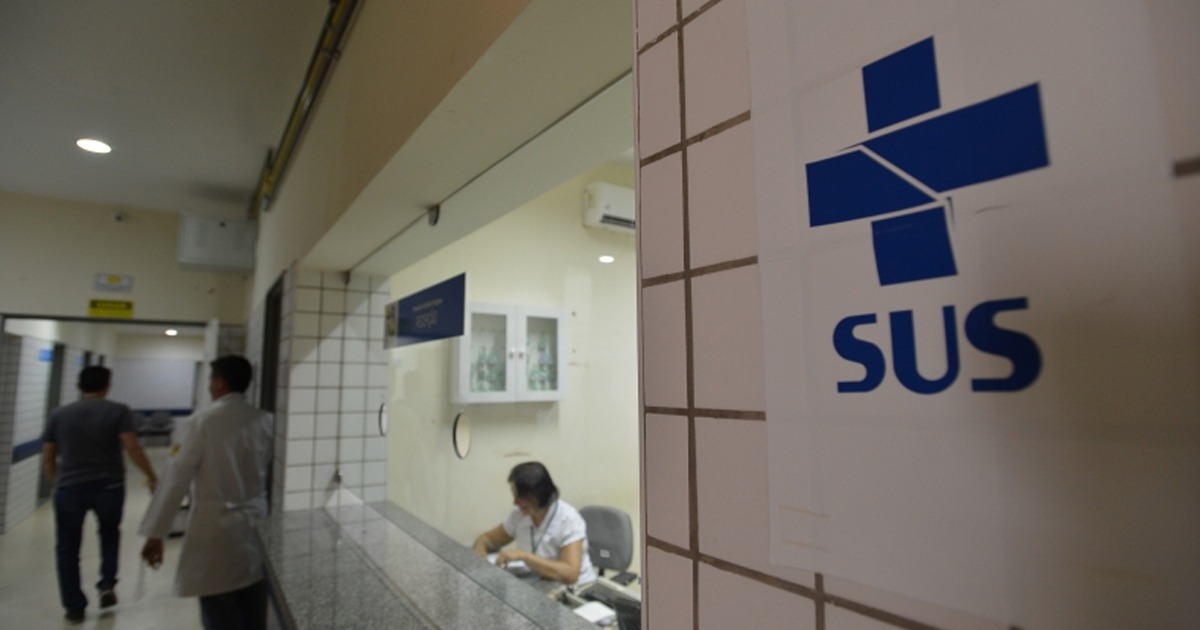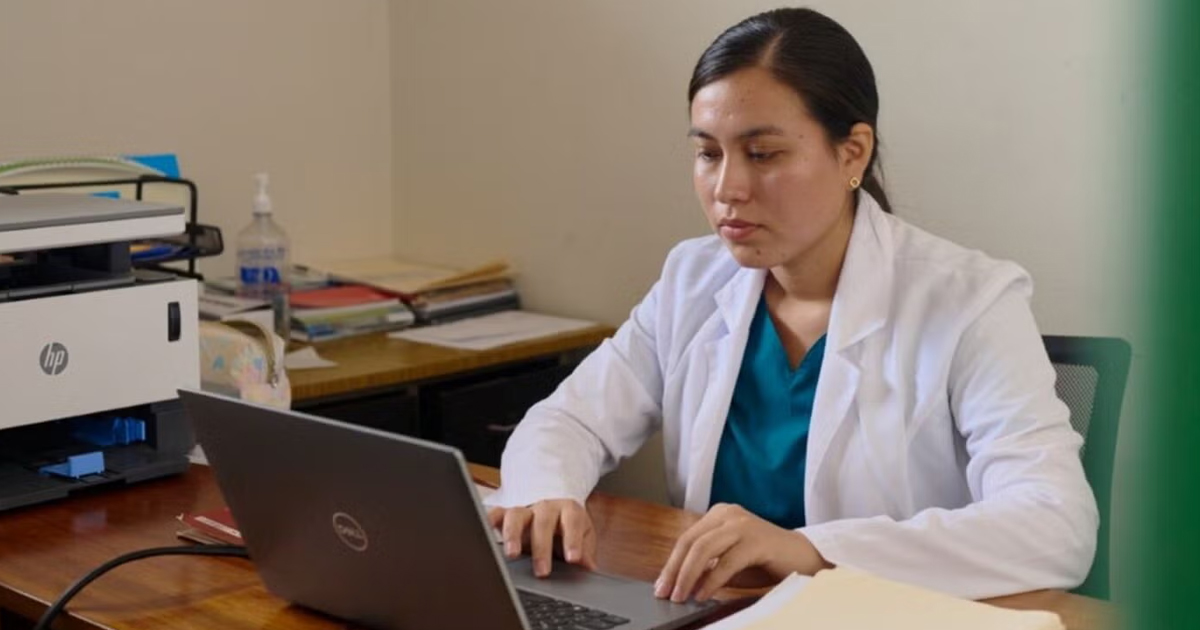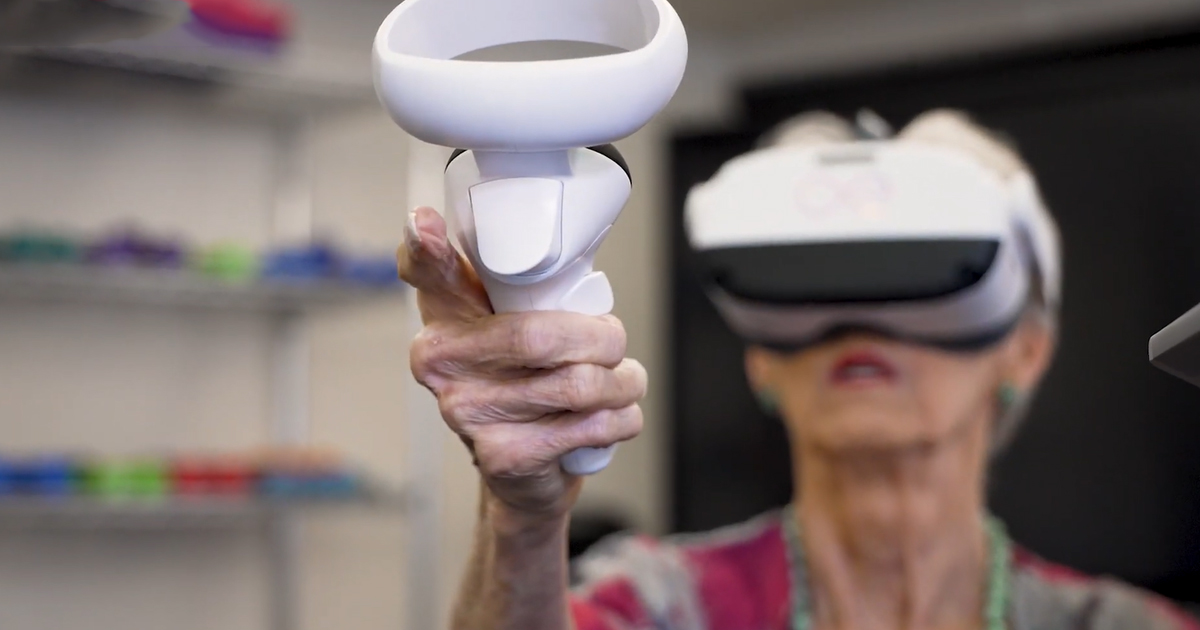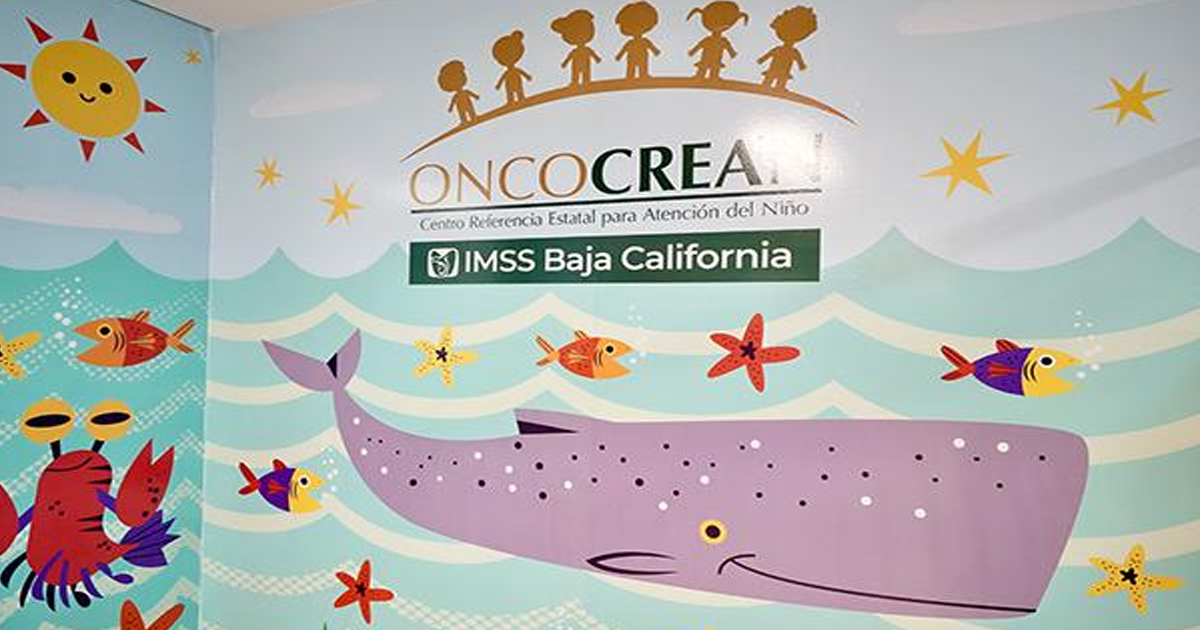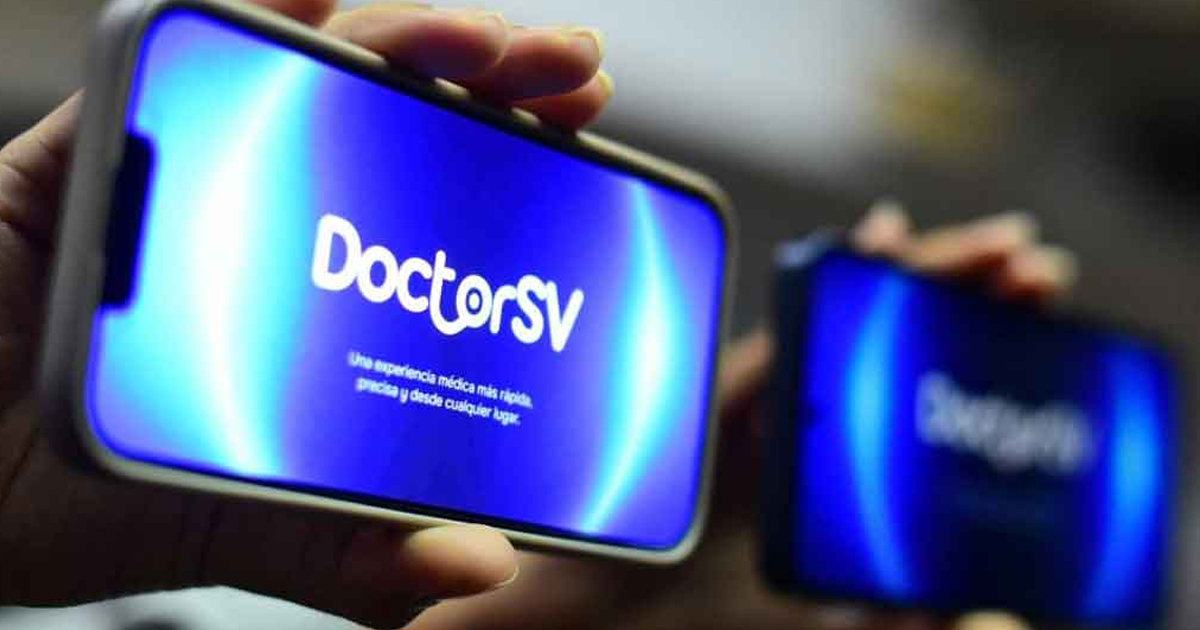En Chile se realizó el seminario virtual “Experiencias y Desafíos” en TeleACV para los especialistas que trabajan con los accidentes cerebrovasculares y puedan compartir experiencias acerca del uso de la telemedicina, combatir el padecimiento y evitar que la tasa de mortalidad se extienda por el país.
El pasado 9 de agosto se realizó en Chile el primer seminario virtual Experiencias y Desafíos en TeleACV, donde especialistas que trabajan en la telemedicine enfocada a los accidentes cerebrovasculares (ACV) intercambiaron conocimientos, prácticas y aprendizajes desde un divertido formato al estilo set de televisión.
Gracias a las nuevas tecnologías, la cual funciona por medio de sistemas de videoconferencia, tele-radiología y registros clínicos electrónicos, se logrará acortar los tiempos de acción, la brecha geográfica, trasladar al paciente a centros de salud que cuenten con todos los requerimientos y personal avalado para su pronto tratamiento. El objetivo es detectar tempranamente los casos potenciales a ACV o incluso, poder evitarlos.
The TeleACV es un sistema de telemedicine sincrónico de urgencia que cuenta con una interfaz fácil para navegar, permite detectar y atender los accidentes cerebrovasculares a distancia eliminando los obstáculos que causan las distancias geográficas.
La técnica funciona de la siguiente manera: las personas con los síntomas serán reconocidas por el sistema, ya que toda la información que proporcionen al inicio del análisis será tomada en cuenta y se activará un protocolo llamado “Código ACV”. En éste se realzarán exámenes de laboratorio y un escáner de cerebro para mandarlos a un box de telemedicine y, de este modo, ser atendidas por un especialista acompañado de una enfermera capacitada, los cuales serán guiados a distancia por un neurólogo que se encuentre trabajando desde la Unidad Central de TeleACV.
This software is implemented through the TeleACV Network, una innovadora solución implementada por el South Metropolitan Health Service (SSMS) que trabaja en los siguientes hospitales: El Regional de Copiapó y Provincial del Huasco de Vallenar, El Pino de San Bernardo, y los Hospitales de Talagante, Quillota, San Antonio y Hanga Roa de Rapa Nui.
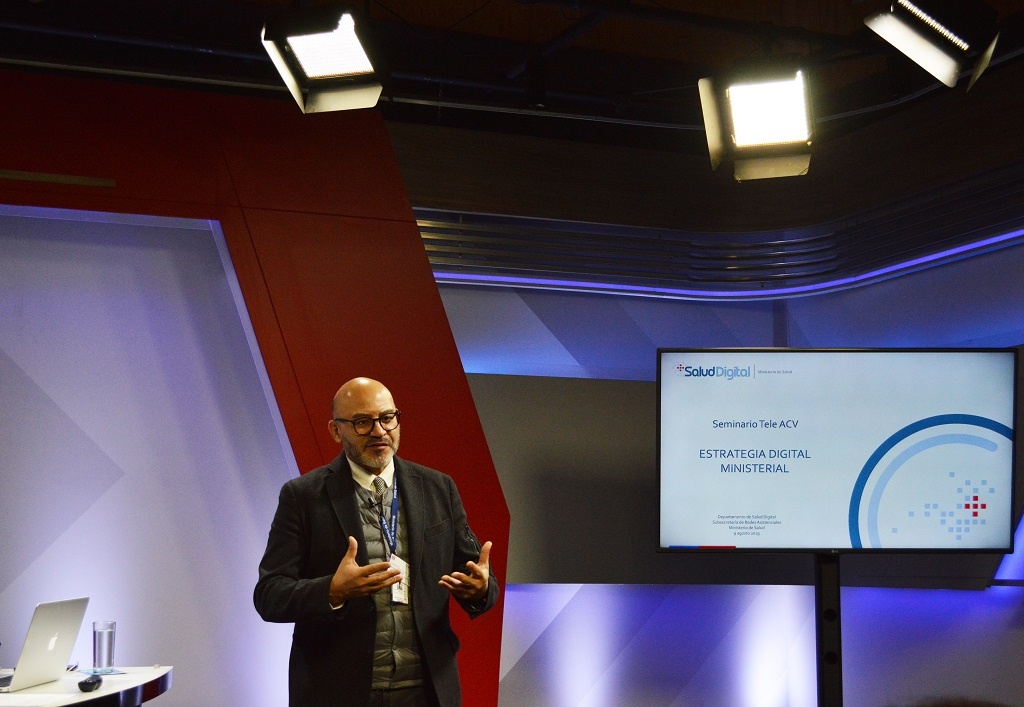
De acuerdo con el jefe de la unidad, Eloy Mancilla, el sistema es integrado por expertos en neurología vascular, bioingeniería e informática quienes trabajan junto a otros especialistas que reciben a pacientes con ACV agudo.
La unidad forma parte del Departamento de Gestión de Redes del SSMS y desde febrero de 2016 hasta abril de 2019, ha atendido mil 267 teleconsultas. El plan para este año es expandir el procedimiento para 500 mil personas más y así abarcar un total de 4 millones de personas en todo Chile.
El Director Regional Metropolitano de CORFO (Corporación de Fomento de la Producción), Álvaro Undurraga, reafirmó que los procesos de salud deben ser parte de la transformación tecnológica y digital.
El Dr. Héctor Fuenzalida, coordinador ejecutivo de la nueva unidad de Digital Health del MINSAL estuvo presente en el seminario. Este proyecto se llevó a cabo en conjunto con Santiago Innova y Plataforma360, como parte del proyecto TeleACV – CORFO Bienes Públicos Estratégicos, supported by CORFO Metropolitano.
TRENDTIC
CLÚSTER SALUD
THE COUNTER
TELE Stroke


